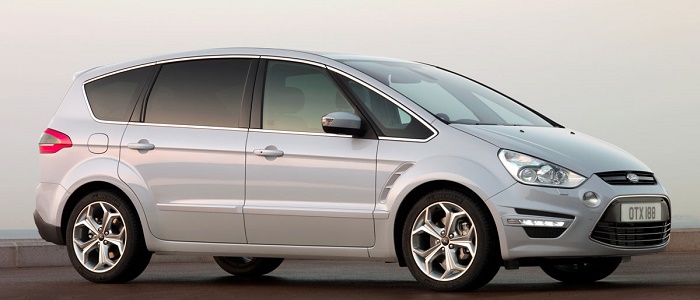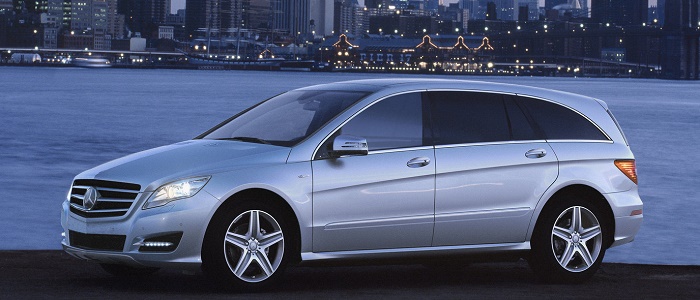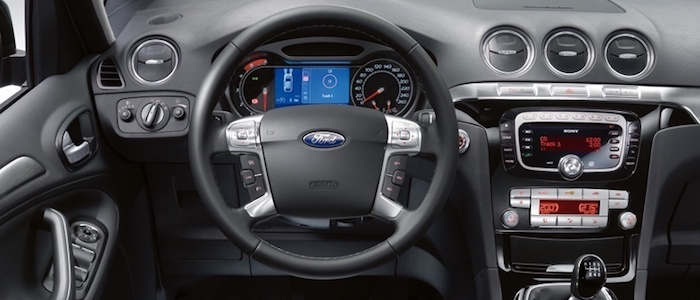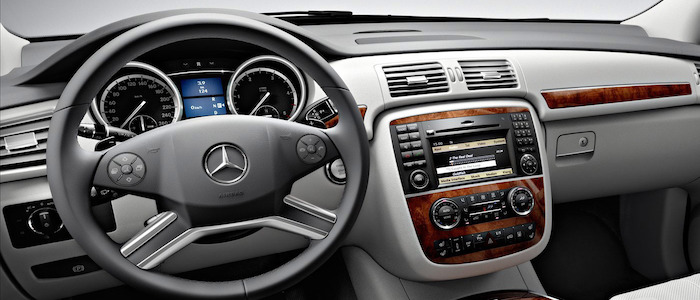Compare two cars
Compare any two cars and get our Virtual Adviser™ opinion
Dimensons & Outlines
Check vehicle history
Engine
3.0 M272 KE30
Performance (manual gearbox)
Performance (automatic gearbox)
Expenses
Virtual Adviser's™ opinion
Two significantly similar cars, no doubt about that. Still, each one has something different to offer. Having both cars powered by petrol engines and utilizing the 5-door MPV body style within the same 'MPV' segment, the only major difference here really is their wheel drive configuration (front for the Ford and rear in the case of the Mercedes Benz). The first one has a Ford-engineered powertrain under the hood, a 4-cylinder, 16-valves 160hp unit, while the other one gets its power and torque from a 6-cylinder, 24-valves 231hp engine designed by Mercedes Benz.
SafetyThe fact that the Ford got tested by the European New Car Assessment Programme (Euro NCAP), while the other contender didn't, puts it sky-high safety-wise, in my eyes at least. Still, apart from the official crash test results there are other things we need to be aware of. Both vehicles belong to the mpv segment, which is generally a good thing safety-wise, but that fact doesn't break the tie between the two cars. On the other hand, if we'd like to consider vehicle mass in this context too, which we definitely should, the German car offers a potentially life-saving difference of 36% more metal.
ReliabilityI don't like generalizing things when it comes to reliability, although it does seem that Ford as a brand displays somewhat better results, at least on all of the models level. These are the official statistics, while our visitors describe reliability of Ford with an average rating of 4.4, and models under the Mercedes Benz badge with 4.3 out of 5. Unfortunatelly, I don't have enough insight that would allow me to comment in more details on the specific models level. We should definitely mention that owners of cars with the same powertrain as the American car rank it on average as 5.0, while the one under the competitor's bonnet gets 4.5 out of 5.
Performance & Fuel economyMercedes Benz is a bit more agile, reaching 100km/h in 0.2 seconds less than its competitor. In addition to that it accelerates all the way to 222 kilometers per hour, 18km/h more than the other car. When it comes to fuel economy an obvious choice would be the American car, averaging around 7 liters of fuel per 100 kilometers (40 mpg), in combined cycle. That's 59% difference compared to the German car!
Verdict
Ford appears just a bit more reliable, although the difference is truly marginal. The most important thing when deciding between any two vehicles should always be safety, both passive and active. In my opinion, everything taken into account, the American car offers much better overall protection, which launches it ahead of the other contender. From there things take a different direction, with Mercedes Benz outracing its opponent in any situation possible, making it better choice for boy racers. It does come at a cost though, and that's the fuel consumption... All together, there's not much more to say, in this case I wouldn't even consider anything but Ford. Nevertheless, let's not forget that people have different preferences and needs, so what really counts is your personal feel. I'm only here to help. Also, you could use the oportunity to find out which car, everything taken into account, would be the perfect choice for you in the eyes of the virtual adviser™, among more than 12.000 different ones in our database.
































